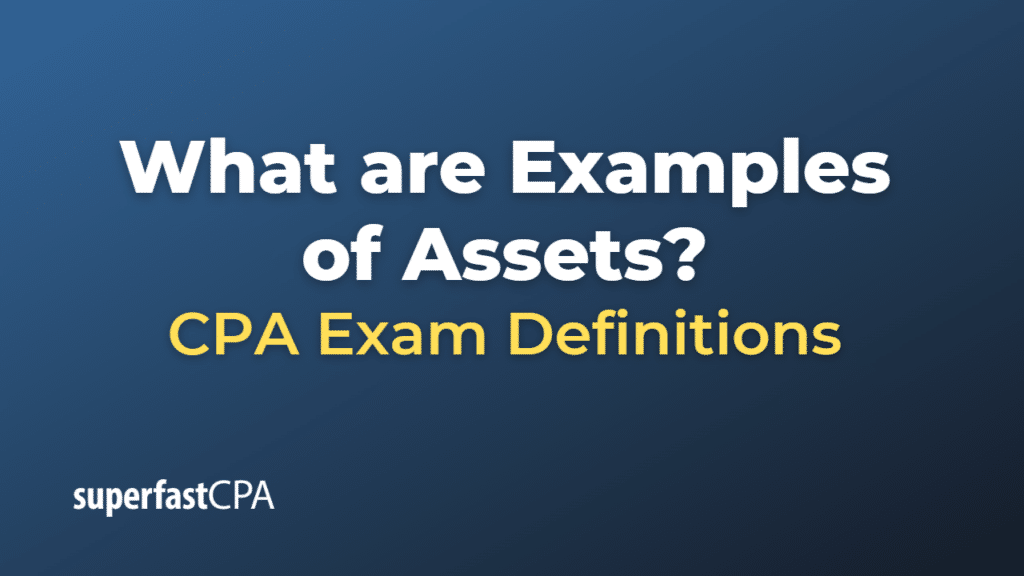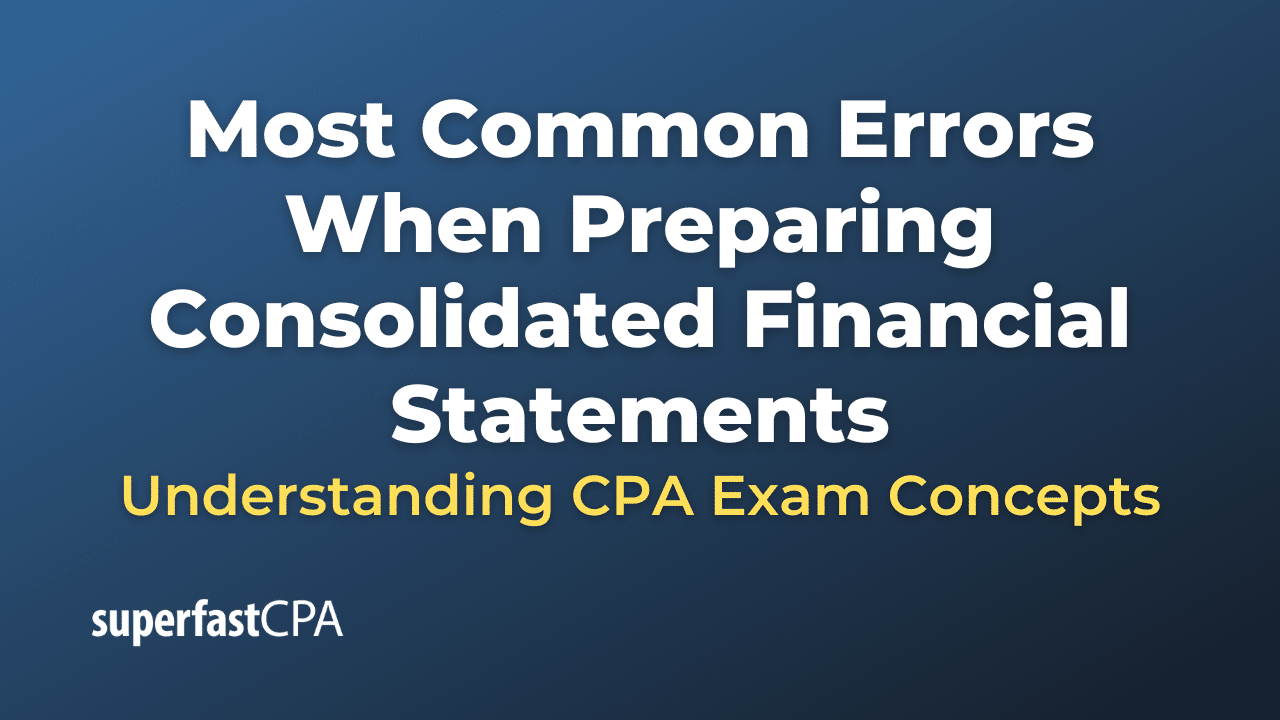Examples of Assets
Assets are resources owned by a business or individual that can provide future economic benefits. These benefits often result in income generation and improved business efficiency. Assets can be classified into several categories, each with specific examples:
- Current Assets: These are short-term assets that can be converted into cash within a year. Examples include:
- Cash and cash equivalents: This includes physical cash, bank deposits, and other short-term highly liquid investments like Treasury bills.
- Accounts receivable: Money owed to a company by its customers.
- Inventory: Goods available for sale, as well as raw materials used to produce those goods.
- Marketable securities: Short-term investments that can be quickly sold to raise cash.
- Prepaid expenses: Payments made in advance for goods or services to be received in the future.
- Non-Current Assets: These are long-term assets used in the operation of a business and are not expected to be converted into cash within a year. Examples include:
- Property, Plant, and Equipment (PPE): This includes land, buildings, machinery, vehicles, and furniture used in the operation of a business.
- Intangible assets: Non-physical assets like patents, copyrights, trademarks, and brand recognition.
- Long-term investments: Investments that a company intends to hold for more than a year.
- Goodwill: This represents the excess value of a business after its liabilities have been deducted from its assets, often created during the acquisition of a company.
- Personal Assets: These are assets owned by an individual and not related to any business activities. Examples include:
- Homes and other real estate property.
- Vehicles: Cars, trucks, motorcycles, boats, etc.
- Personal belongings: Furniture, electronics, jewelry, and other valuable items.
- Investments: Stocks, bonds, mutual funds, retirement accounts, etc.
- Cash and bank accounts.
The specific value of these assets can change over time based on factors such as depreciation (for physical assets), market conditions (for investments), and receivability (for accounts receivable).














